About
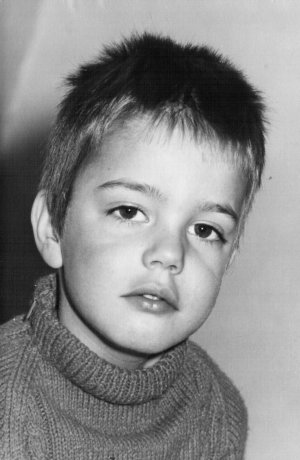 If you were looking for our business details: https://owndoc.shop/_About
If you were looking for our business details: https://owndoc.shop/_About
OwnDoc means: "Be your own doctor" - Hippocrates' advice!
My name is Frank de Groot, webmaster of this site and electronic/electromechanical engineer and software developer. I was born in Amsterdam in 1965 and I invented the Derminator® in 2013. How time flies! My apologies for this site looking awfully dated. Its contents is however "evergreen" - still as relevant today as when we wrote it. Our company is healthier than ever before - we're hardly able to keep up with demand and that without ever having advertised.
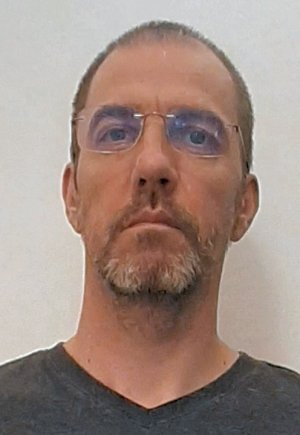 This is how I look nowadays. Not so handsome anymore! At least I lost 20 kg since the "Derminator does not cause Microtearing" video made in my lab.
This is how I look nowadays. Not so handsome anymore! At least I lost 20 kg since the "Derminator does not cause Microtearing" video made in my lab.
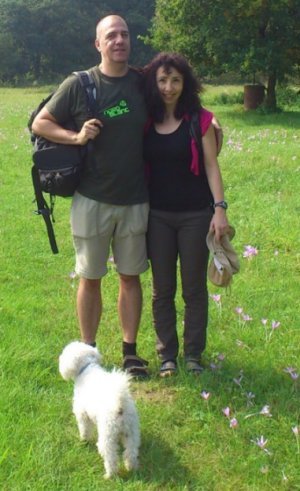 This is Martina / "Sarah Vaughter". She's our dermaneedling expert and wrote all dermaneedling replies on our forum, as well as our dermaneedling instructions and our featured dermaneedling articles. Dog belongs to her niece, who took the photo and then insisted I remove my socks before entering the village where we'd have coffee.
This is Martina / "Sarah Vaughter". She's our dermaneedling expert and wrote all dermaneedling replies on our forum, as well as our dermaneedling instructions and our featured dermaneedling articles. Dog belongs to her niece, who took the photo and then insisted I remove my socks before entering the village where we'd have coffee.This is our little factory workshop in an apartment at Jilova street in Olomouc, Czech Republic where we make 10,000 Derminators/year. Radek does the mainboard soldering and motor-making and Martina assembles them into cases and packs them into boxes. We use a cable cutting machine, a backplug cutting machine, a super-silent compressor to blow away dust from the display and its window, a coil winding machine and an overhead electric screwdriver. Part-timers strip and tin cables and do other preparatory work.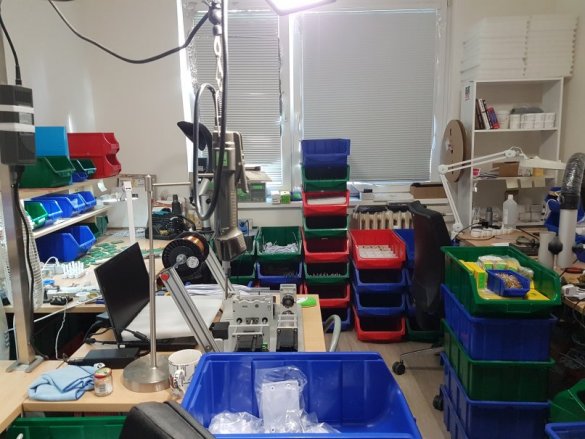
We always have thousands of machines in stock and we also have at least 5000 pcs of each component, often 10,000 or even 30,000 pcs, so that we get the best prices and won't risk supply chain problems. We're talking many many TONS of materials on countless PALLETS so that does not fit in our micro-factory. Luckily we were able to rent a huge and very chique storage space at Krizkovskeho 5 that used to house Sberbank, which left the country after the Ukraine war started. We also fill off our C60-EVOO product there, which is done by Dana, who also "burns" the firmware into the microcontrollers for the Derminator.

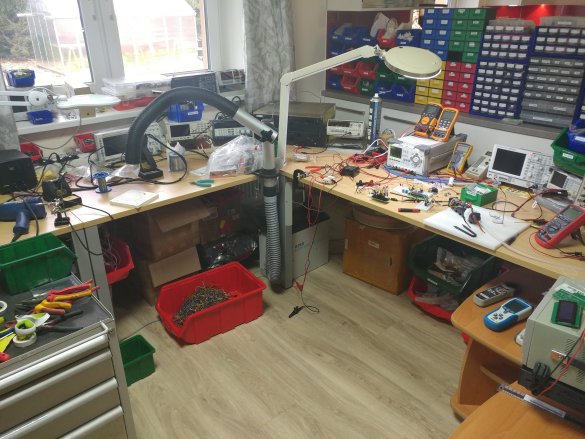
From 2012 to 2013, I worked on inventing the Derminator. I used a Sherline micro-lathe to manufacture the experimental coil bodies to be able to test prototypes.
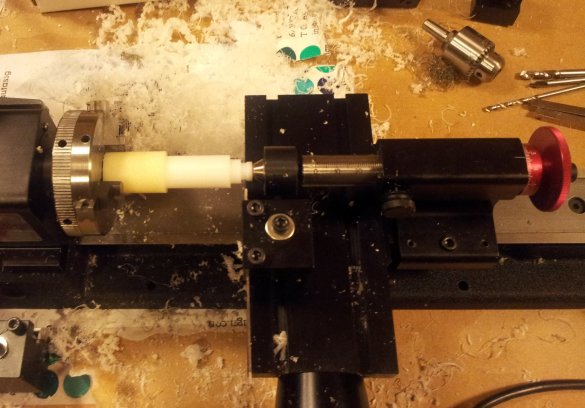
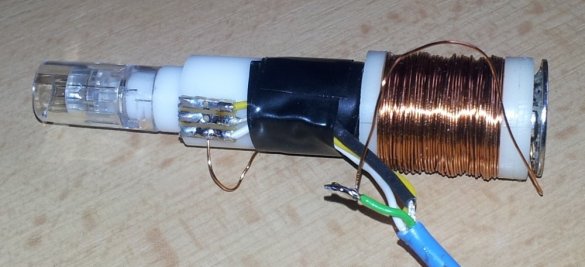
To make the motor work was devilishly hard. It took many months and during that time it was not yet clear whether it could be done at all. The idea was to be able to very precisely regulate needling depth in a tight feedback loop between a reciprocating magnet and a very sensitive, highly accurate Hall Effect sensor. All these parameters must exactly "cooperate" with one another: Magnet strength, magnet length, magnet diameter, coil length, number of coil windings, coil wire diameter, coil voltage, initial position of magnet inside coil, softness (in Shore A) of the damper backplug, position and orientation of the magnet field sensor and strength of the retaining back magnet. And even when all of these are well-chosen, the motor will immediately stall on the fastest speed unless the firmware constantly adjusts for the direction of gravity. That final piece of the puzzle also took months to perfect. The system dynamically adjusts itself to always needle to the digitally set depth on the display, accurately. It has no parts that can wear out, unlike all other such devices. And ours is the only device below $5000 that has a digitally set depth - ours being the first by nearly a full decade. Why not simply sell a "buzzer"-type repurposed permanent makeup pen from China, like all pen-type devices? Because they're not skin-safe (micro-tearing of pore boundaries) and they don't penetrate deep enough either. Something better had to be invented.
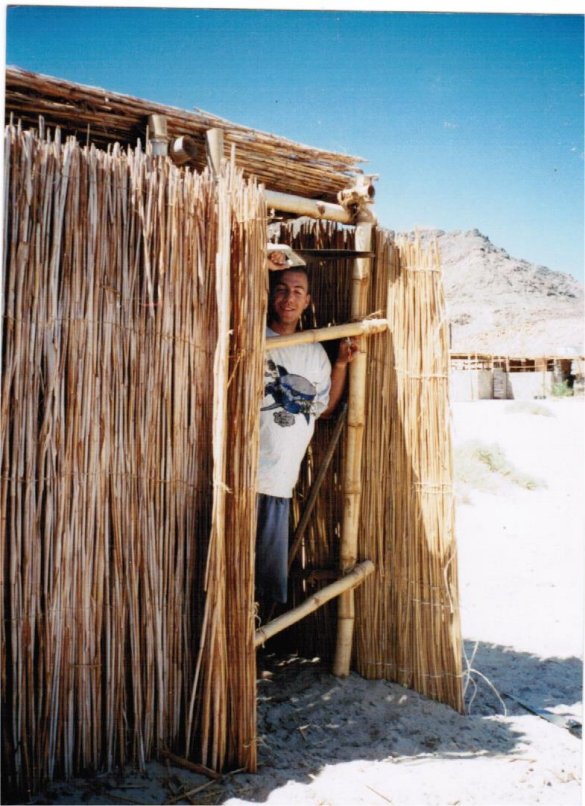
I used to work as a programmer for a company called CTI software in The Hague. There were no career prospects for me, even though I outperformed my University-educated colleagues by an order of magnitude. I simply was too weird, too "autistic". I still am. My future looked disappointing. Spring 1992 I decided to sell my belongings, quit my job and work my way around the world. I ended up first in a civil war in the former Soviet republic of Georgia, where I stayed for seven months. After that half a year on Greek isles. After that half a year in Ukraine. A year later I bought a bicycle from money I earned, working a few weeks, cleaning a chocolate factory. Cocoa powder everywhere! I cycled from Prague to the Sinai desert coast in Egypt, where I spent three months snorkeling, using up my remaining cash and then started working at that same place in my tent. I got paid in food and three Egyptian Pounds (a dollar) a day. Later I built my own hut on a deserted beach and chilled with fishing bedouines and the old lady who showed me how to bake flatbread on dying embers, the bread then covered with sand. I always cooked on a tiny wood fire as well and walked mainly barefoot for two years until the soles of my feet had become calloused hooves. I also started to use my toes to pick up things from the ground. On my 24-day cycling journey (excl. four days on ferries) back to Sweden I contracted Lyme Neuroborreliosis. I deteriorated mentally in the years that followed until I was a shadow of my former self, functioning like a disoriented animal and once even taking expired moldy prepackaged bread from an Israeli supermarket dumpster. And then in the year 2000, I nearly died. I'd been a hobo for seven years. A keyless existence. Of which 1000 nights under the sky. Got severe burns in Ukraine and ended up there for half a year, penniless. Did olive harvest in Sitia, Crete. In the end I was saved just in time by antibiotics but I ended up with a lifetime of serious Dysautonomia, rheumatic arthritis and terrible migraines. My travelling days were over. I had no money, no job, no health and no relevant work experience for seven years. My only recent qualifications were working as a Divemaster (600 dives, taking tourists) in Israel and Egypt, but I could never dive again. The first years I was so sick that I thought I could die any moment. Then followed two decades of merely being "so ill I wish I was dead but I'm too scared to kill myself". Only recently did I start getting more energy and brainpower.
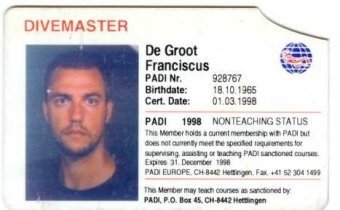
In my "I might drop dead any moment" period, I pioneered modern AI, which is not AI at all so I don't feel that I'm boasting too much. I in fact spent much time on doing AGI R&D and think I have accurately defined Intelligence as well as its algorithm and knowledge representation model but that's too far off-topic here. It went like this: I found a software developer job in Oslo, where I worked for 18 months but then had to quit due to ill health. My breathing stopped all the time ("dyspnea"), my pulse was 120 in rest for two entire years and I even collapsed in Slottsparken on my way home at night in mid-winter once. And I could not think anymore, most of the time. I decided to try to win the Ing prize - a (raised to) 1.6 million dollar prize for the first Go program that wins from a reasonably strong player. Rather ambitious for a total wreck as I was but I guess I was too far gone to realize that. Long story short - I ended up developing Windows shrinkwrap software to play, annotate, analyze, search and publish for the game of Go. Link to my old devblog, where I explained how I utilized statistical pattern learning (Bayesian learning as now done in LLMs). I sold a thousand copies, with Microsoft in Richmond buying copy #20 and #21 on one of the first days. I would later hear a lot more from those guys. Moyo Go Studio was able to predict nearly half the moves of professional Go players, also in games it had never encountered before. This was considered absolutely impossible and even absurd with a statistical-learning approach so after I explained exactly how everything worked, Microsoft Cambridge set out to replicate my core "AI" algorithm.
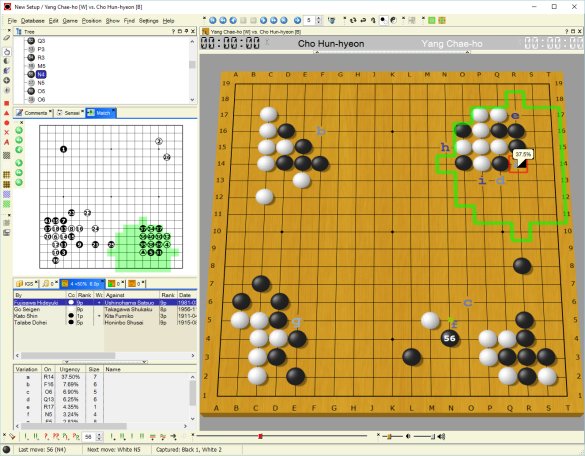
Tore Graepel was their tech lead. When Microsoft published their paper in which they confirmed that my claims were correct (they weirdly managed to claim that they "brought my work to new heights" but simultaneously admitted that their results were inferior to mine), all kinds of things started to happen. Tore Graepel became the CTO of DeepMind, which then developed AlphaGo - a program that wins from the world champion human Go player. Prior to that, Go programs could not even win from a beginner. Then, out of the blue, Google asked me whether I was interested in working for them. I didn't know they hunted for 44-yo unemployed programmers on the other side of the world who where infamously "controversial" on top of it..
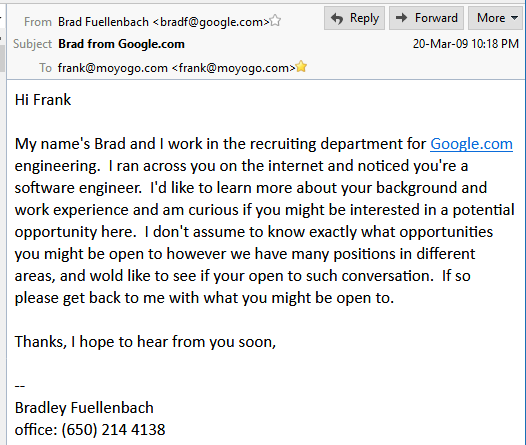
I was "controversial" because since Go games were uncopyrightable, since they are legally classified as recordings of a historical event and since machine learning needs as much high-quality data as possible and there exist only a few tens of thousands of pro Go game records, I *used*, not "stole" some of them from 3rd party game databases to provide a learning corpus. I then normalized the spelling of the players and formatted the game file according to standard notation. No one was harmed by this but the result was the literal foundation of modern (but fake so I don't feel I'm boasting too much here) AI. Nowadays Big Tech shamelessly vacuums up every Copyrighted work - books, paintings, entire websites - to use in their multi-billion dollar "AI" imperium but I had to be erased as an indie dev for building the foundation of the very "AI" they now use. The Copyright issue was merely an excuse. The real reason was that I, someone who could not even play Go beyond beginner level, embarrassed envious people who spent decades at the game, writing Go software and publishing scientific papers on Computer Go. Not to mention the many competing software that my software had made obsolete overnight. My software had every feature any of the other programs had, plus dozens more. So I got "canceled" by the tightly-knit Go cabal. The American Go Association's leaders were also my direct competitors. The major Go sites were run by my competitors. Banned from using retailers. Banned from sponsoring tournaments. Banned from being in Sensei's Library. Banned from advertising - not even with Google Adwords - those were clickfrauded by a Go-playing fellow programmer who suggested on rec.games.go that everyone do that. I got canceled but then again, Google would like to find 44-yo me me a job. Even if I wanted to, I was much to sick to work or even travel to the US.

















